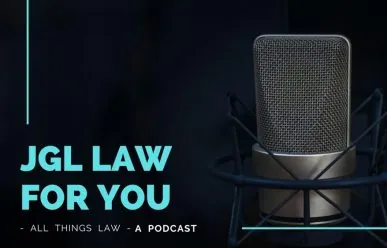Mental Health Privilege & Maryland Divorce Blog Law Series – Part 3
This blog series discusses mental health privilege (the confidentiality a client has/clients have with their mental health provider) in contested family litigation (such as divorce and custody).
To recap:
A “privilege” is the legal right to protect a communication from disclosure & to keep information confidential. Privileged information cannot be used in contested litigation unless the privilege is waived.
Privilege attaches when certain types of professionals provide mental health services. Not everyone who is a “counselor” or “therapist” qualifies as a privileged provider.
This blog explores “the what” – what is protected by the privilege.
Maryland’s 3 mental health privilege statutes* protect the following from disclosure in family law litigation:
Patient-therapist privilege (§9-109*) and Client-psychiatric nursing specialist or professional counselor (§9-109.1):
- Communications relating to diagnosis or treatment of the patient or client; or
- Any information that by its nature would show the existence of a medical record of the diagnosis or treatment
(language above is paraphrased and slightly different but the gist is the same)
Social worker-client (§9-121*):
- Communications made while the client was receiving counseling
- Any information that by its nature would show that such counseling occurred
The scope of privilege for licensed certified social workers is so much broader that the fact someone is in therapy and name of their LCSW is privileged. The fact of therapy & name of provider easily creep up in family law litigation: parents’ calendars, phone records, EOBs/explanation of benefits, credit card receipts, checks, electronic payment accounts.
Key takeaways:
- Not all privileges are created equal
- The type of provider determines scope of privilege
- Inadvertent disclosure is a pitfall with the LCSW privilege (§9-121*)
To keep this blog mercifully short, the next explores what’s not privileged (which gets juicy).
*Md. Code Ann., Cts. & Jud. Proc. (2019 Rep. Vol.)




